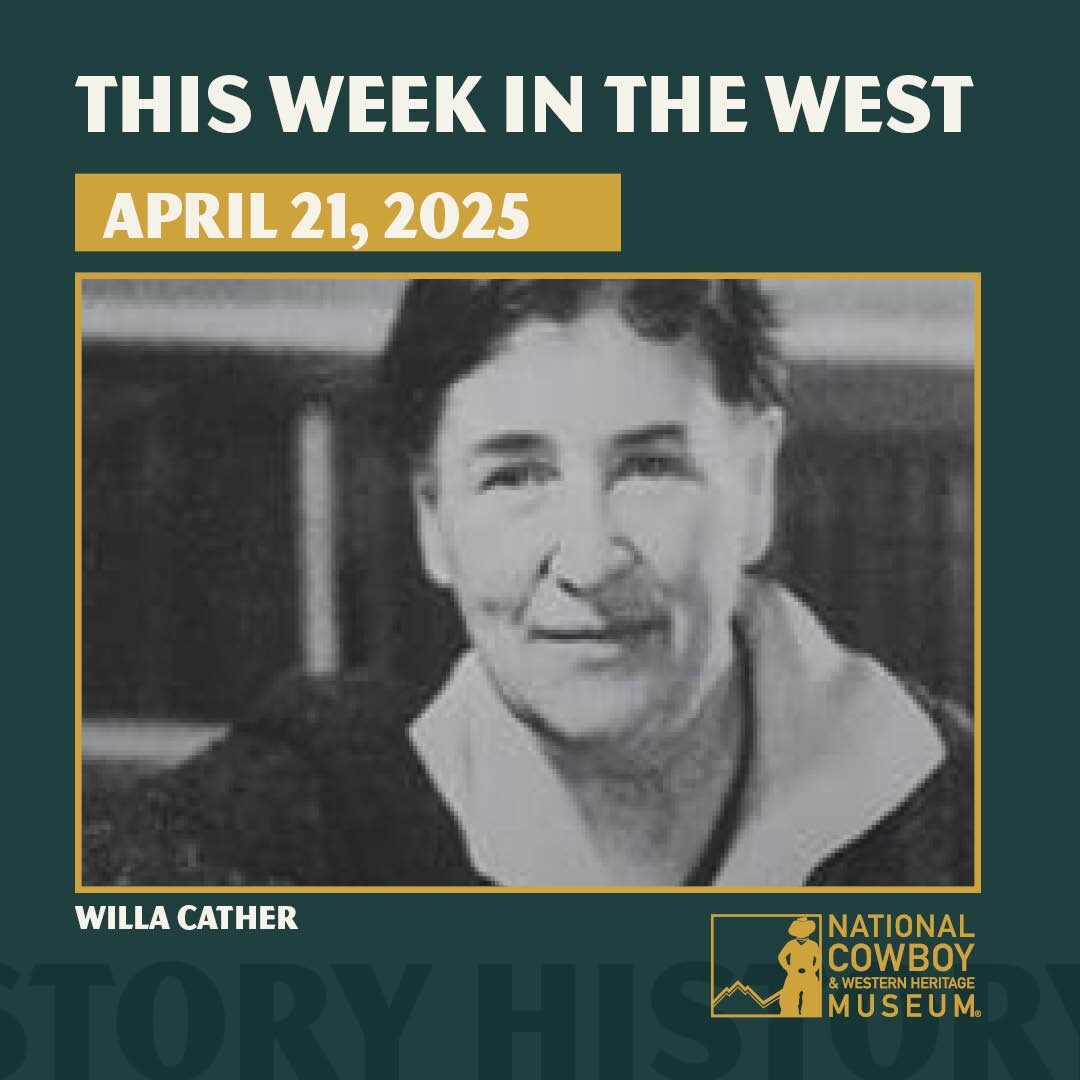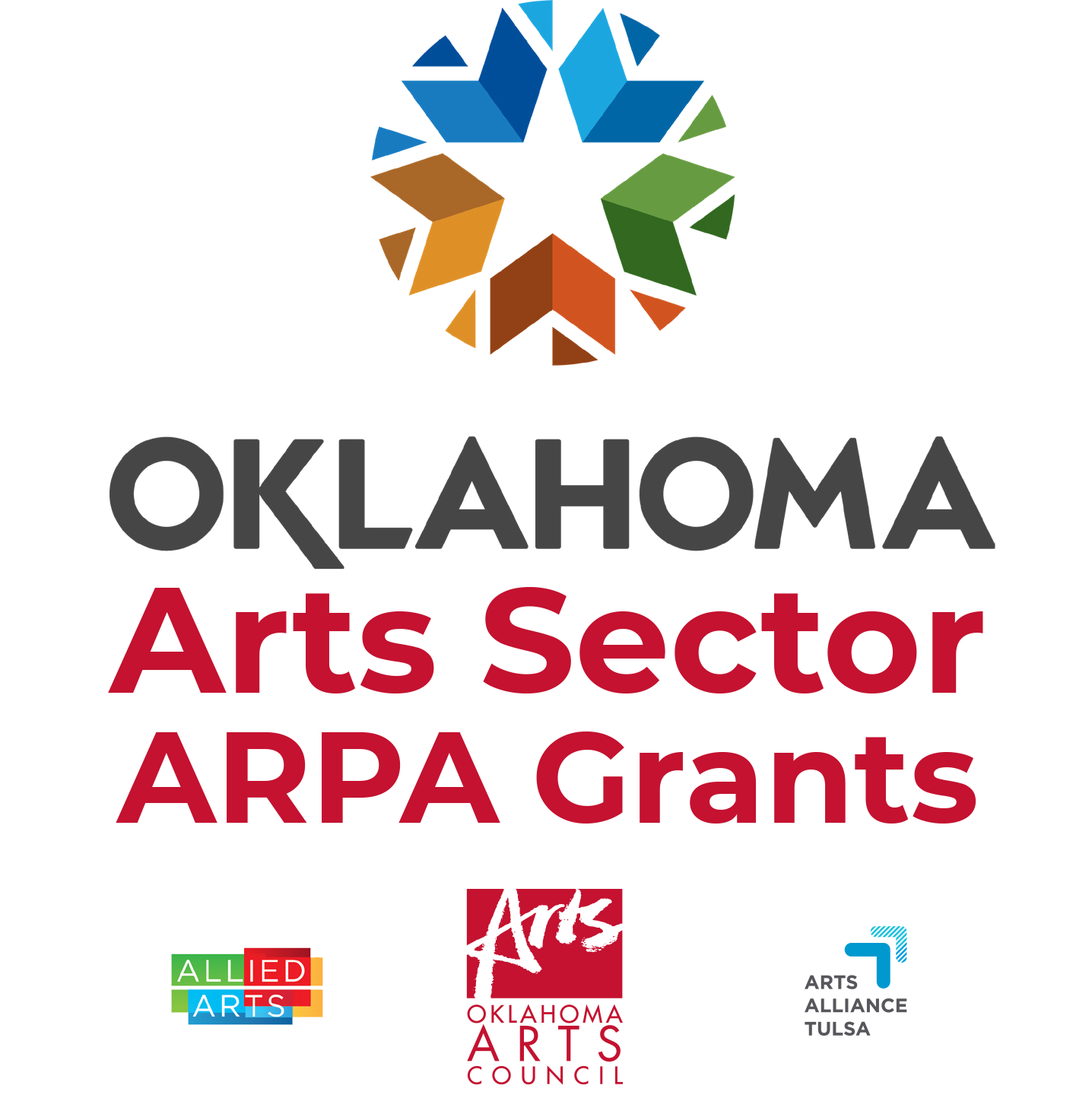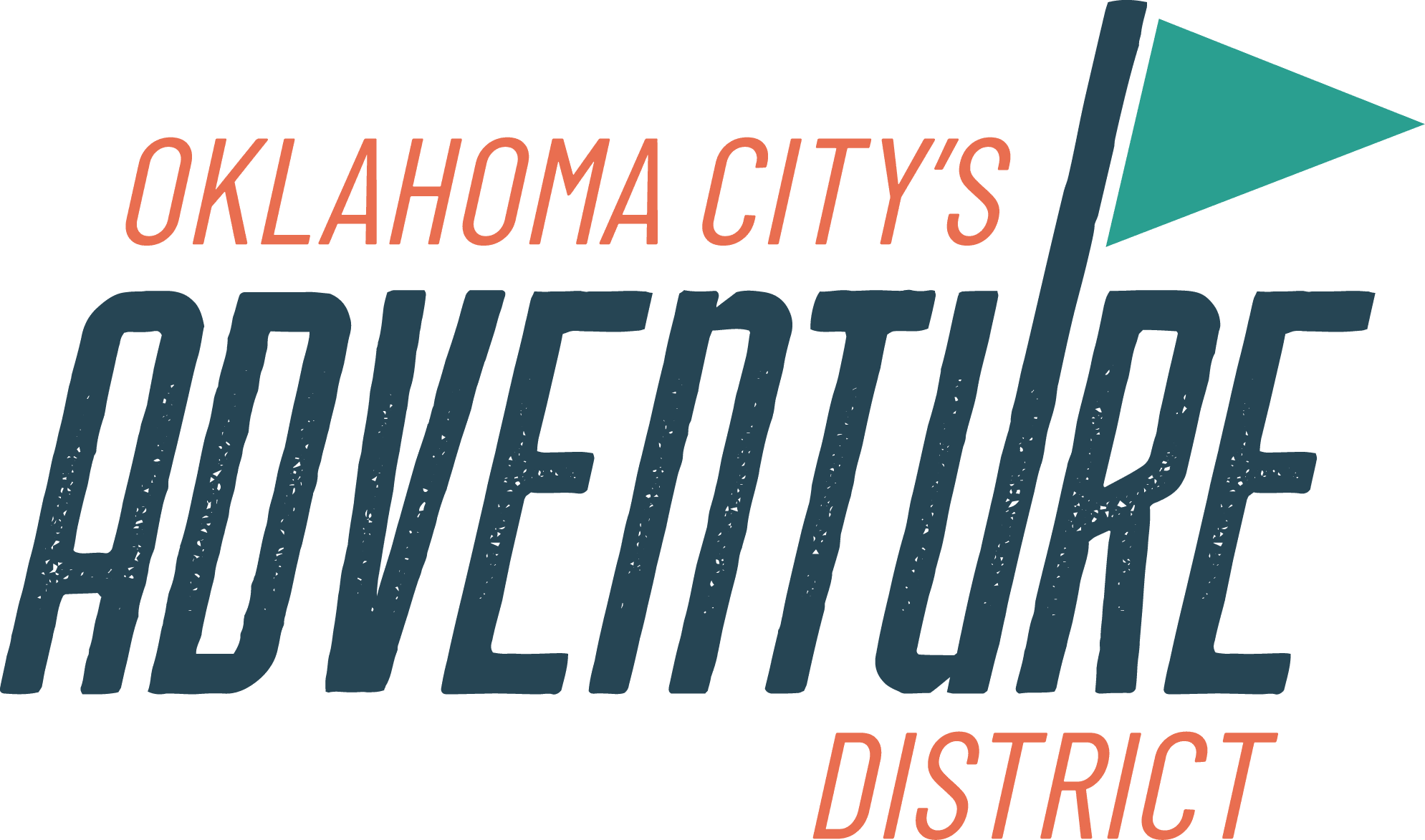Welcome to the blog about our podcast “This Week in the West.” Each week, we’ll share the show’s scripts here on our blog. If you want to listen, click above, subscribe on your favorite podcast app or check back here every Monday.
If you have questions, ideas or feedback about the podcast, you can reach out to podcast@nationalcowboymuseum.org
APRIL 21, 2025: WILLA CATHER
Howdy folks, it’s the third week of April 2025 and welcome to This Week in The West.
I’m Seth Spillman, broadcasting from the National Cowboy & Western Heritage Museum in Oklahoma City.
On this podcast, we share stories of the people and events that shaped the history, art and culture of the American West—and those still shaping it today.
Five miles south of Red Cloud, Nebraska, sit more than 500 acres of land, never touched by shovel or plow. You can visit them today and look out at an unbroken horizon.
That was the view that a young Willa Cather had when her parents settled the land in 1883. She was just nine years old.
Something about the vast expanse of rolling green pastures must have stuck with Willa, who would go on to write about the saga of settlers who eked out a living on the plains.
She would become one of the most famous authors of her time, a Pulitzer Prize winner and a member of our Hall of Great Westerners. Today, we remember Willa Cather on the week of her death, April 24, 1947.
Willa was born Wilella (Will-Ella) Sibert Cather in Virginia in 1873, but a rampant tuberculosis outbreak in the area pushed the family to look across the country for a place to live. Willa’s father, Charles, was intrigued by the prospect of becoming a farmer on the Nebraska frontier.
But try as he might, Willa’s father could never support his family with his farm, let alone make a living. After 18 months, he moved his family into the nearby town of Red Cloud, put his children into school and cobbled together a business selling insurance and real estate.
Once in school, something clicked in young Willa (she’d stopped signing her name Wilella early on and experimented with signing her name as William before adopting Willa.) She made friends with local families who had home libraries and read extensively. She sent short stories and articles to the Red Cloud Chief, the local newspaper.
Despite her literary leanings, Willa was determined to become a doctor when she enrolled at the University of Nebraska. But she couldn’t put down her pen, writing columns and essays for The Nebraska State Journal and the Lincoln Courier newspapers and overseeing the university’s student publication.
“Up to that time, I had planned to specialize in science; I thought I would like to study medicine,” she later recalled. “But what youthful vanity can be unaffected by the sight of itself in print! It had a kind of hypnotic effect.”
Cather’s early writing career was marked by experimentation. She dabbled in poetry and short stories, publishing The Troll Garden in 1905, a collection that included some of her most promising early fiction.
But her deep dive into life on the plains for Nebraska’s immigrant settlers made a splash in the literary world.
O Pioneers! was published in 1913. It tells the story of Alexandra Bergson, a strong and determined woman who transforms a struggling farm into a thriving enterprise. The novel’s rich descriptions of the land and lyrical style established Cather’s reputation.
In a letter, Cather explained her approach to writing this way: “Writing is subject to outside conditions; to drought, crow-peckings, wasps, hail storms, just as much as apples are. The honest writer, like the honest fruit grower, sorts his work over and tries to keep only what is fairly sound.”
Her next novel, My Ántonia (1918), remains her most beloved work. It follows the life of Ántonia Shimerda, a spirited Bohemian immigrant girl. The book is both a nostalgic reflection on the prairie and a tribute to the strength and resilience of pioneer women.
Cather’s ability to capture the essence of Nebraska and its people cemented her stature as a master of American regional literature.
Cather made her last trip to Red Cloud in 1931 for a family gathering after her mother’s death. During the 1930s, she stayed connected with her Nebraska friends and family and sent money to some of them who struggled during the Great Depression.
Cather was a private person who shunned publicity. She never married and lived with Edith Lewis, her close companion and editor for many years. Her personal life has been the subject of speculation, but she left behind few letters or diaries to offer insight into her inner world.
Cather won the Pulitzer Prize in 1922 for One of Ours, a novel about World War I.
However, her reputation declined as literary trends shifted toward modernism in the mid-twentieth century. Critics dismissed her work as nostalgic and outdated, favoring more experimental writers like Hemingway and Faulkner. Since then, critics have come back around to her work.
English critic A.S. Byatt wrote this about Cather in 2006: “…More than any other novelist, she sees her people’s lives as whole and finished – they feel stress and passion, they discover and lose, but they are bounded by birth and death … The writer always sees the people’s lives whole and complete, wherever the story is along their line.”
Willa Cather died on April 24, 1947, in New York City after a battle with breast and liver cancer. Cather was 73. Twenty-five years later, Lewis was buried alongside her.
Today, Red Cloud, Nebraska, is home to the Willa Cather Foundation, which preserves her childhood home and promotes her work.
In 1974, Cather was inducted into the Hall of Great Westerners here at The Cowboy, the third woman so honored.
And with that, we’ll watch the sun set on another episode of “This Week in The West.”
Our show is produced and written by Mike Koehler.
Follow us and rate us on Apple podcasts or wherever you hear us. That helps us reach more people.
We can follow us on social media and online at nationalcowboymuseum.org.
Got a question or a suggestion? Drop us an email at podcast@nationalcowboymuseum.org
We leave you today with the words of Willa Cather herself in a letter to a friend in 1918: “I hate the word ‘original’—there is no such thing, really. But there are feelings and memories and pictures and wishes that are one’s own. ‘Invention’ is merely recalling these, setting them free.”
Much obliged for listening, and remember, come Find Your West at the National Cowboy & Western Heritage Museum.

























